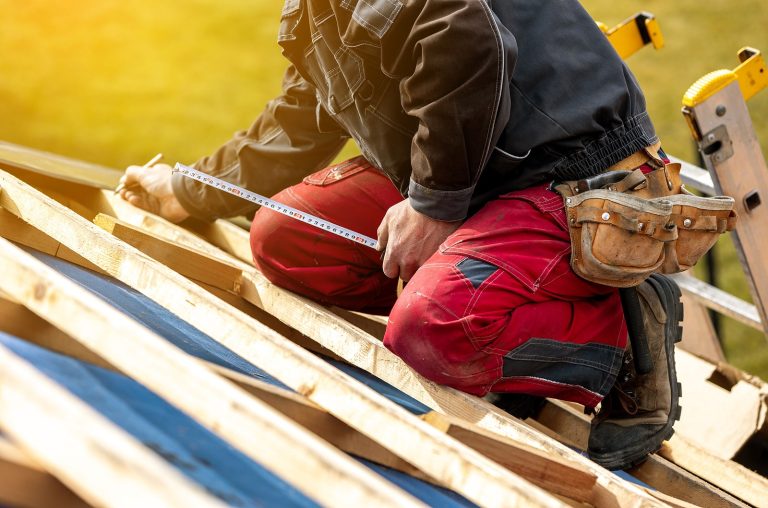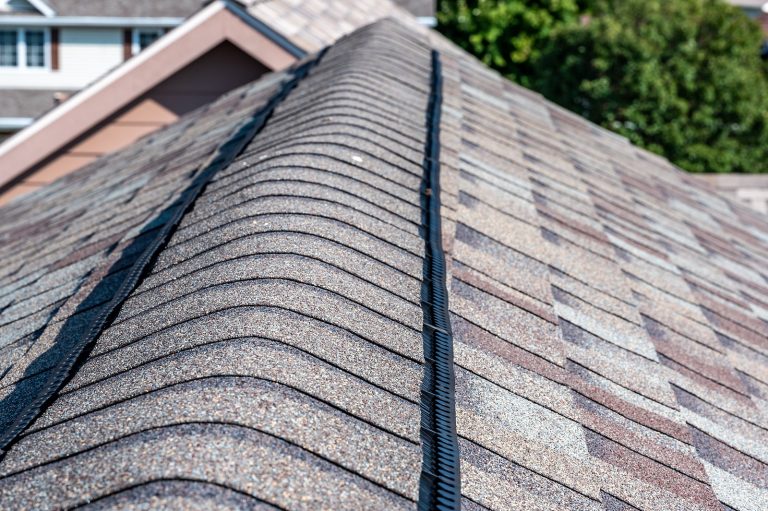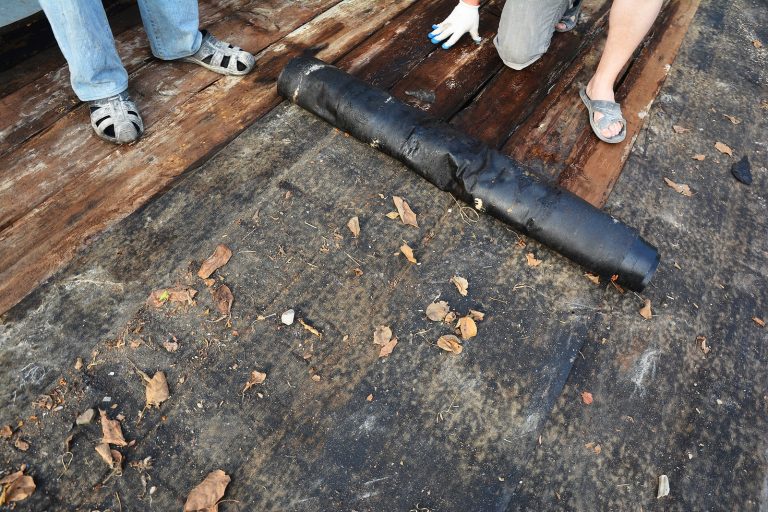Rising energy prices and global climate concerns are leading Pennsylvania homeowners to consider solar power. However, solar panels aren’t always the prettiest to look at and may not even be allowed in some HOA-regulated neighborhoods.
Solar shingles offer a subtler alternative to traditional panels and may be a viable option for energy-conscious homeowners.
What Are Solar Shingles, and How Do They Work?

Solar shingles and solar roof tiles are building-integrated photovoltaics (BIPV), meaning they fit more seamlessly into a building’s design while generating energy from sunlight. These small electronic hubs look like normal shingles from far away, offering homeowners a discreet alternative to solar panel roofing. Energy efficient roofing options are changing the industry altogether.
Unlike solar panels, which attach over existing shingles, solar shingles serve a dual purpose: protecting your roof from the elements and generating electricity.
Pros and Cons of This Solar Roof System

Energy-producing shingles benefit homeowners in a few key areas. They may reduce or eliminate energy bills and sometimes come with financial incentives. Energy companies may offer power buybacks, sending you a check for any surplus energy your panels create. The federal government also offers a $2,000 tax deduction for those who install these shingles onto their homes.
These photovoltaic shingles fit into the aesthetics of most residential neighborhoods and may, therefore, be accessible to more people than panels. They are a sleek way to decrease your ecological footprint and positively impact the climate crisis. These shingles are also mounted during roof installation or repair and, unlike traditional panels, do not require additional racks and frames that drill directly into your roof.
Other benefits for homeowners to consider are as follows:
- Solar shingles may increase a home’s resale value.
- They are designed for durability with more advanced water-shedding and wind-resistant technology than some traditional solar panels.
- They maximize available roof space when installed for full coverage.
- Energy-producing shingles mold to unique roof designs that normal panels can’t work around.
- They require less maintenance than normal panels because they function like regular roofing materials and do not require anchor and panel cleanings.
However, there are also drawbacks to these energy producers for homeowners to consider. First, because they are the same size as normal shingles, it takes many more of them to cover the same area as one solar panel. They must be wired in individually, requiring more labor to install and generally coming with a higher upfront cost than traditional panels.
Because of the labor intensity and cost, these may not be the best option for larger roofs. Additionally, solar shingles tend to have slightly less solar efficiency than panels. Traditional panels may also offer a slightly longer lifespan (25-30 years instead of 20-25).
Avoid DIY Solutions
If you are considering adding solar shingles to your roof installation project, avoid attempting the addition yourself. These systems are still developing and require complex electrical work that can be dangerous for the average homeowner. In addition to safety concerns, installing one without a permit could land you in legal trouble.
Consult with a roofing contractor, like Gotcha Covered Contracting, about solar shingle installation to learn more about your options as you plan the new roof.
Trust Gotcha Covered Contracting
Gotcha Covered Contracting offers reliable roof repair and replacement to Pittsburgh and the surrounding cities. Trust our team to find the right solar solutions for your needs and roof size. Our experienced team can walk you through the options for solar shingles and traditional panels, finding the best option to help reduce your energy bill.
Learn more about us online, or call 724-581-8147 to schedule your roofing inspection today.






